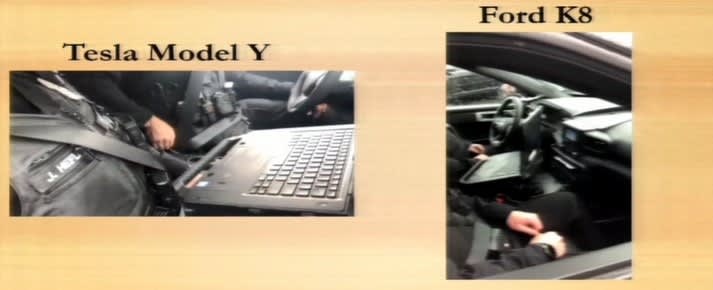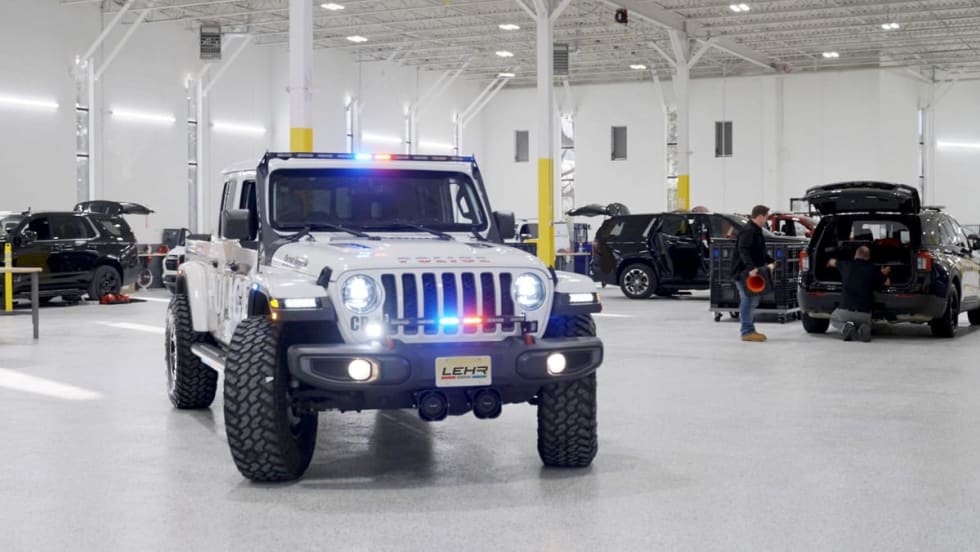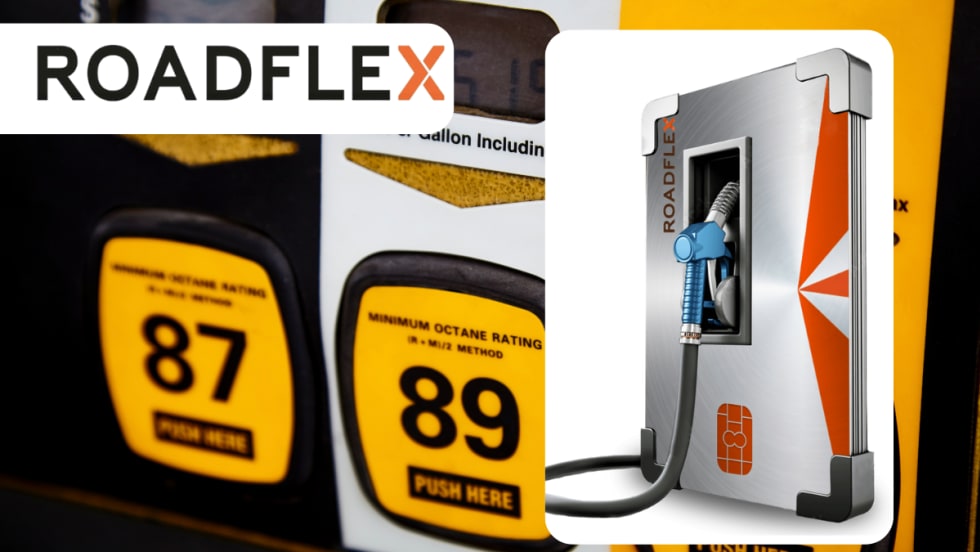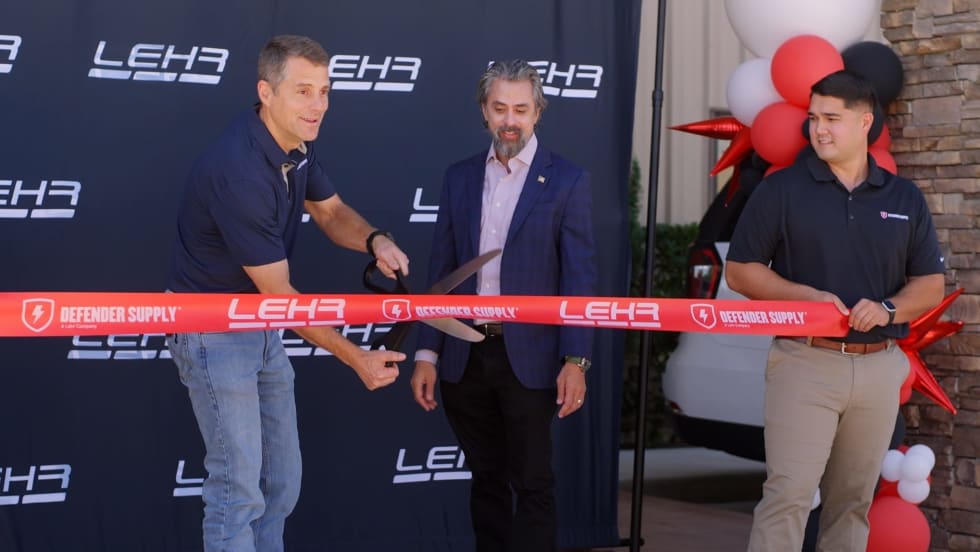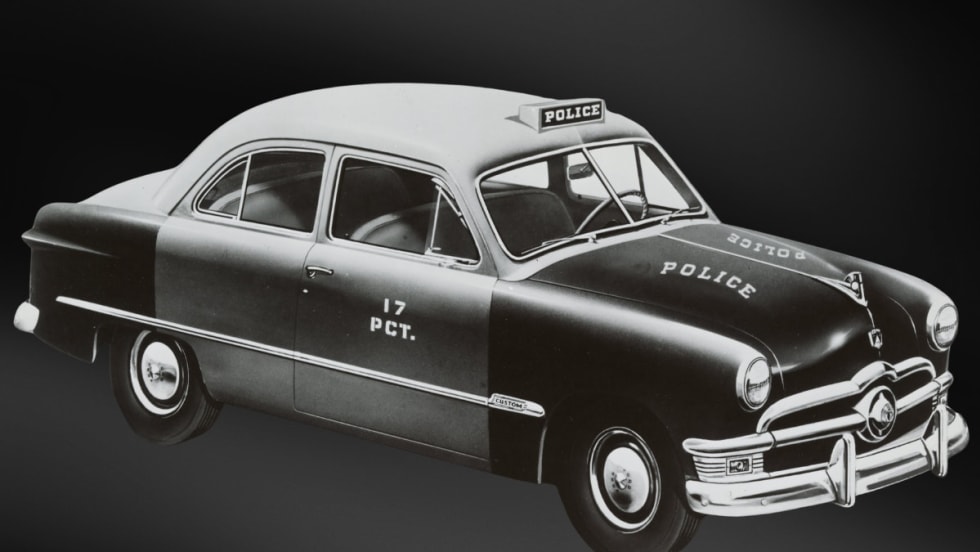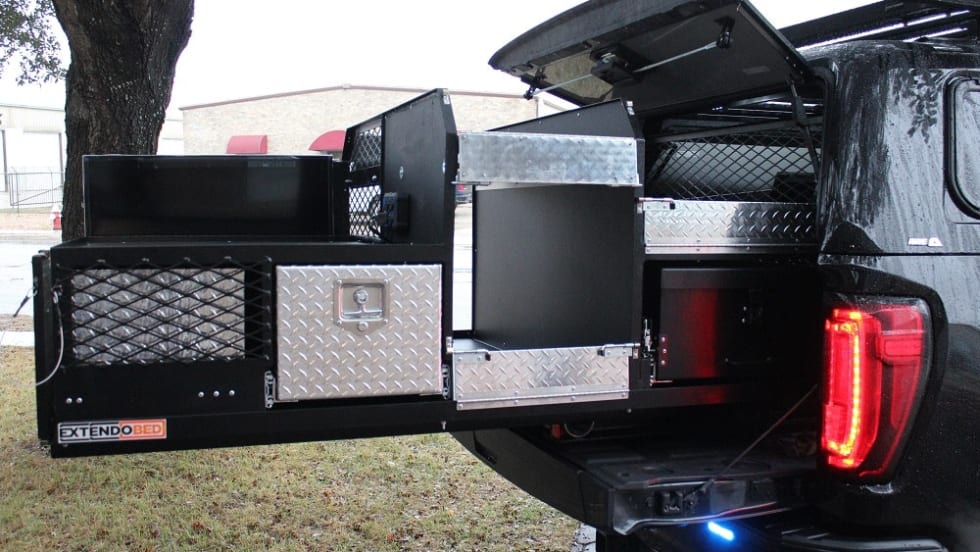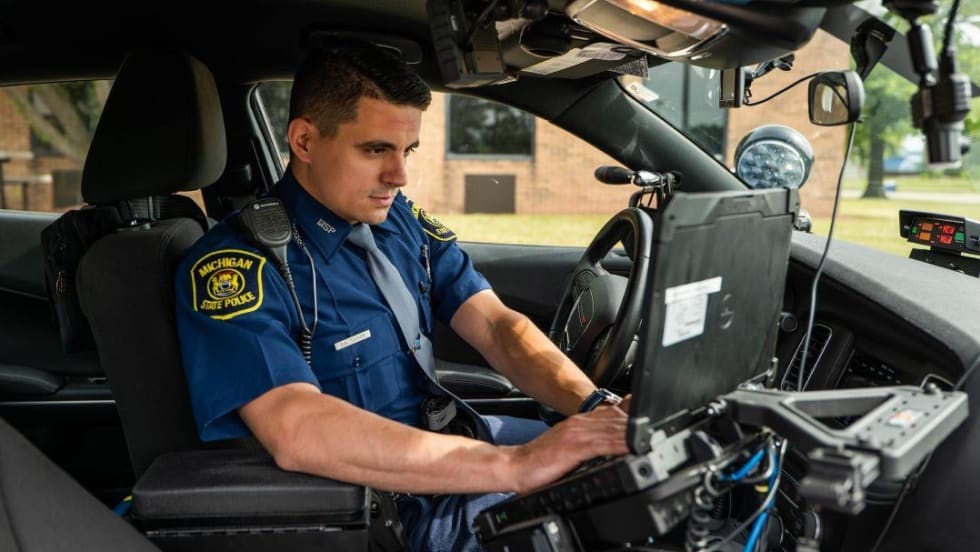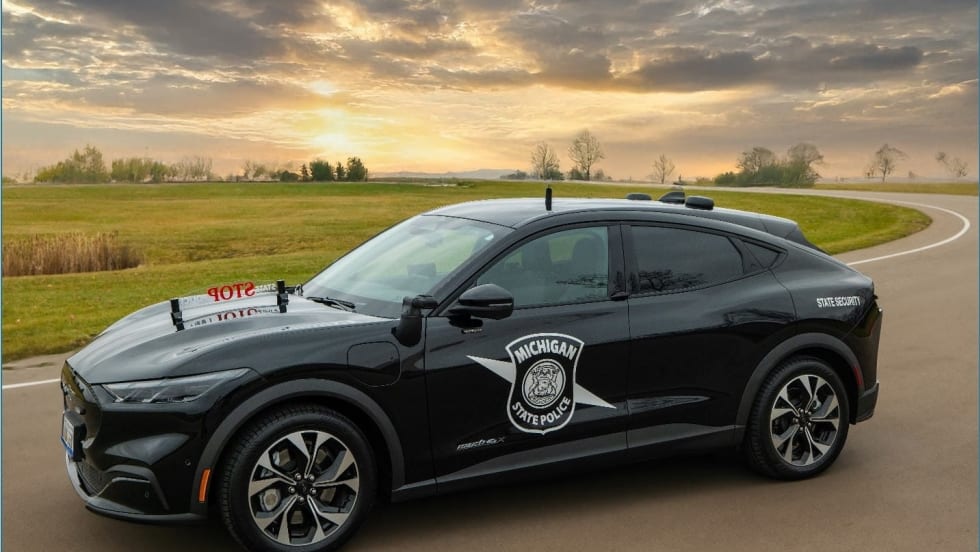The Spokane (WA) Police Department is giving a thumbs down to using the Tesla Model Y as a patrol vehicle. The department has been testing four of them since January after receiving them last March. It took several months to get the parts needed to upfit the vehicles, including the cage, rifle racks, computer mounts, and other essential equipment.
Police Maj. Mike McNabb, who oversees the fleet department, presented his findings on the department’s tests to the city council’s public safety and community health committee last month.
He said officers don’t have much legroom, and the laptop mount, when in place, covers most of the car’s digital dashboard, which is where many of the car’s controls are located. McNabb added that it's hard to have an officer in the passenger seat because the laptop mount impedes in this space. He also pointed out safety concerns with the car. He said the car’s frameless windows don’t allow the department to attach bars over the windows, which could prove dangerous if a combative detainee was in the backseat. The roof is also made of glass, so McNabb is concerned a combative detainee could kick through it. He said OEMs haven’t yet made an EV specifically designed to be a police cruiser.
He said he likes the Ford Police Interceptor Utility Hybrid. The department currently has 14 of them on the road. McNabb said the Ford Police Interceptor Utility Hybrid is the police package vehicle, which has all the equipment required for upfitting installed from the factory. This makes the upfitting process faster and less expensive, since the car is set up to be used by police. The upfitting cost is about $8,000. Teslas, on the other hand, are not set up for police work and require a lot of fabrication to prepare, according to McNabb. He said the upfitting cost for Teslas starts at about $30,000.
The city council president suggested trying a Ford F-150 Lightning, and McNabb said he would be open to testing that model or the Mustang Mach-E. However, McNabb explained there may not be time for more testing.
The need for new police vehicles is growing daily for the department; McNabb said more than 200 vehicles are eligible for replacement based on mileage and age. Even more troubling, McNabb explained, is that even if the purchase is made now, the department would likely not receive them until later this year or early next year. That means the already aging fleet will be even older.
McNabb laid out four possible purchasing plans involving moving to an entirely electric fleet, purchasing hybrids, or a combination of the two. However, because police officers are unhappy with the Tesla model and have not been able to test other models, McNabb said his preference is to move to the Ford Police Interceptor Utility Hybrids.
Spokane's police vehicles will have to be electric or fueled by biofuel. A state law passed in 2018 requires local governments to only purchase EVs or vehicles that use biofuels for their fleets, according to Spokane City Council President Breean Beggs.
The department is only capable of upfitting up to 42 vehicles per year. McNabb explained that the department has an outside vendor that can make up the difference on upfitting the remaining vehicles.


